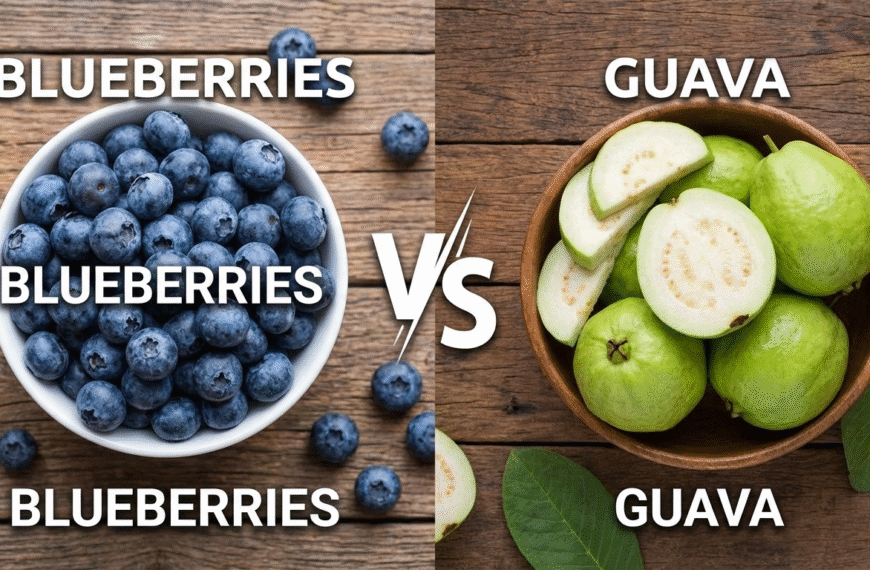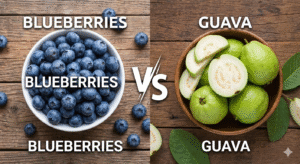Have you cut down on coffee or tea lately and noticed your dreams feel unusually vivid, intense, or even a little weird? Many people experience this within just a few days of reducing caffeine, and while it may sound strange, there is a scientific explanation.
How caffeine impacts sleep
Caffeine is a natural stimulant that blocks adenosine, the brain chemical responsible for making us feel sleepy. Normally, adenosine builds up throughout the day and signals the body to rest at night. But when caffeine is in your system, it delays that sleepiness and can reduce both the amount and quality of your sleep.
The problem is that caffeine lingers in the body for hours. Its half-life is about three to six hours, which means it keeps affecting the brain even long after you’ve had your last cup. Drinking coffee, tea, or energy drinks in the afternoon or evening can make it harder to fall asleep and can reduce the deep, restorative stages of sleep.
Why less caffeine = more vivid dreams
When you cut back on caffeine, your sleep cycle has a chance to reset. With fewer interruptions, your body spends more time in REM sleep – the stage most closely linked with dreaming. REM sleep is when the brain is active, emotions are processed, and vivid dream imagery takes place.
This is why people often report intense or colorful dreams after reducing caffeine. More uninterrupted REM sleep not only increases the number of dreams but also makes it easier to remember them, since we often wake up directly from this stage.
What are vivid dreams?
Vivid dreams feel unusually real, with strong emotions, detailed images, and sometimes strange or surreal storylines. They can stay in memory long after waking. For some, these dreams are enjoyable, while for others, they may feel overwhelming or unsettling.
Should you cut caffeine completely?
Not everyone will experience vivid dreams when they reduce caffeine, and the effect may fade after a few days or weeks. Coffee and tea also have proven health benefits, from improving focus and mood to reducing risks of certain diseases. So, there’s no need to give up caffeine entirely unless you want to.
The key is timing. Avoiding caffeine at least eight hours before bed can improve sleep quality, reduce night – time wake-ups, and increase your chances of more restful sleep – and maybe some surprisingly vivid dreams.
Caffeine influences both sleep and dreams more than many people realize. Reducing your intake, especially late in the day, can give your body a chance to recover deeper sleep cycles. Better sleep can mean more REM, and more REM often means dreams that feel sharper, stranger, and easier to remember. So, the next time you cut back on coffee, don’t be surprised if your nights get a little more colorful.


















